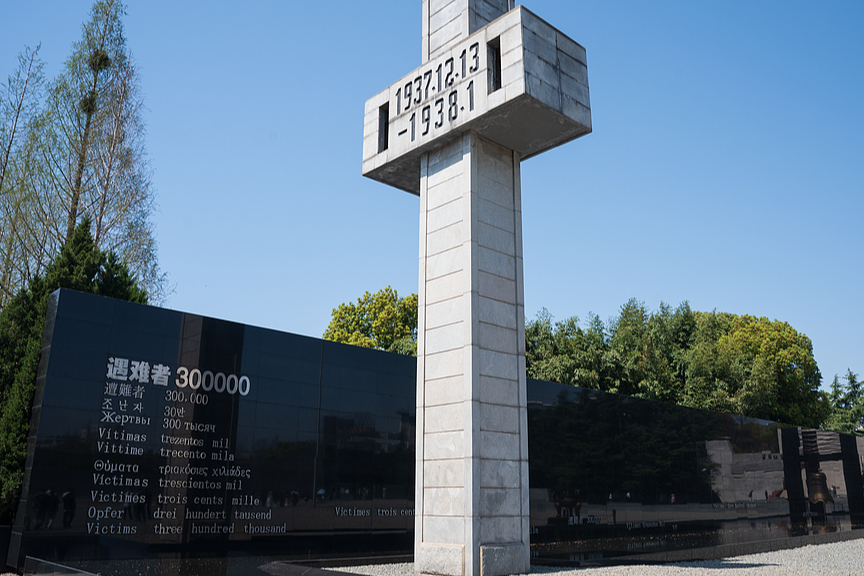New pronunciation list sparks confusion and criticism
By Wang Keju | chinadaily.com.cn | Updated: 2019-02-20 16:33
Following online criticism of suggestions the pronunciation of some Chinese characters should be changed, the education authorities have responded by saying the changes have yet to be approved.
The criticism was sparked by an online article that went viral recently. It listed new pronunciations for some characters, which many people have been taught are incorrect.
One example is the first character in the word "shui fu", which means persuade in English. The list said it should be pronounced "shuo", but school students have been told for years that is the wrong way to pronounce it.
Examples of words with altered pronunciation on the list can also be found in some famous ancient poems, prompting concerns among educators that the poems might lose their original rhymes.
The article sparked heated discussion among netizens, with many saying that what was deemed incorrect pronunciation when they were at school was now being touted as being correct, which was very confusing.
The article said the changes had been proposed because most people made the same mistakes when pronouncing the words and the education authorities decided to follow the choice of the majority, since language should keep up with the times.
But the Ministry of Education said on Tuesday it was still deliberating over the altered pronunciations, and members of the public should stick with what they were taught was correct for now.
A researcher at the ministry's Institute of Applied Linguistics told the Shanghai Morning Post the ministry had solicited public opinion about the altered pronunciations in 2016 and had received a lot of feedback and suggestions. That was why the changes had not been officially released yet.
A report by the online news portal Jiemian said the ministry is scheduled to release the final version of the pronunciation list by the end of this year.
Ge Yinlian, a Chinese teacher at Jianxin Primary School in Hangzhou, Zhejiang province, told news website The Paper that although Chinese education should keep up with the times, changing pronunciation in such a manner is too casual an approach.
"With the changes, the artistic conception in ancient poetry will disappear," Ge said. "The students will find it more difficult to understand the classics, and they will no longer be able to appreciate their beauty."
























